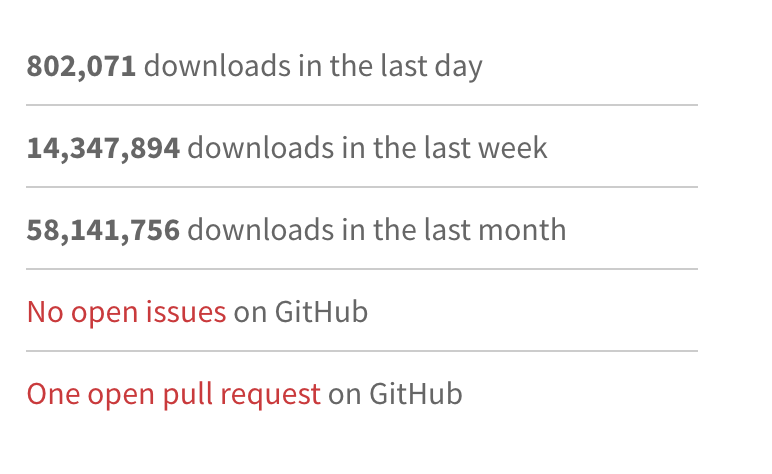An Ode to LoDash
05 Mar 2018An editor with potential sublime An interactive art currently just thought
The limitless options swirling in the air Much like how rain drops from the sky
O! But the agony of choice Paralyzed by an array of options before me
Under my weary eyes a score Versitale and terse, my anxiety settles A carpenter with too large a toolbox Becomes an orderly librarian
The rain collects into a puddle at my feet The water clears up and I see my path
I’ve been working in Javascript for a little over a year now. Over this time, I’ve learned a lot about the language, about the web, and I’ve come across a lot of libraries. Some of these libraries were useful, others weren’t so much. But the one library that I’ve used without fail in every JS project I’ve started is LoDash.
For those who are unfamiliar, LoDash (like Underscore, and a few others) is a utility library. It works very much like a swiss army knife, allowing for developers to mix and match utility functions to their liking. In the line of work I’m in, these utility functions come in handy constantly. From simple straightforwad functions like _.trim() to more complex functions like _.reduce() or _.partial(), LoDash comes in to save the day on so many occasions.
The top three reasons why LoDash is so useful in my opinion (and why you should use it if you’re not!):
- It makes your code much less error prone
- It increases readibility and cohesion across your codebase
- It’s maintained by a fantastic community
But don’t just take my word for it! Look at the number of times LoDash was downloaded on npm in the past month.

I can’t recommend this library highly enough, and everytime I write using other languages like Java, Dart, or Python, I always find myself missing the power and flexibility of LoDash.